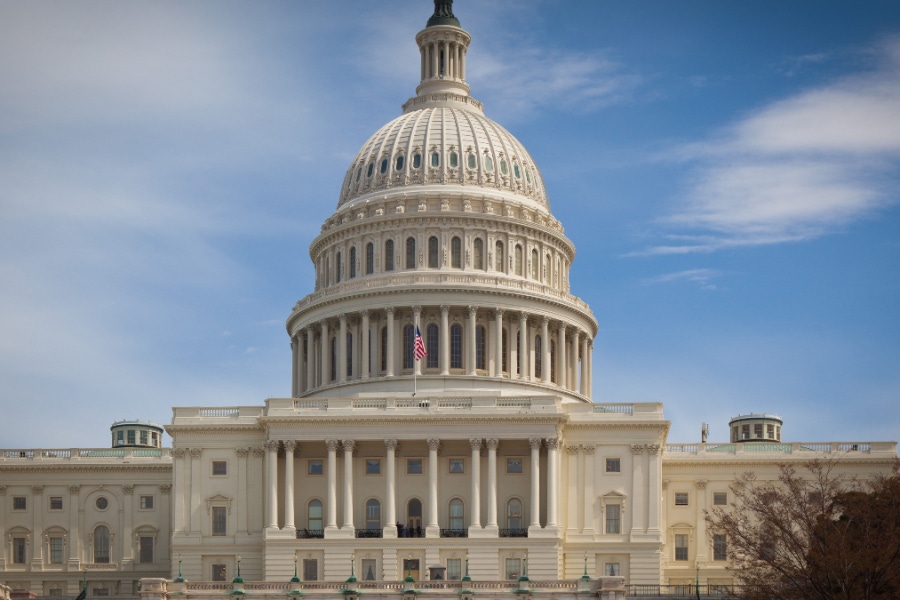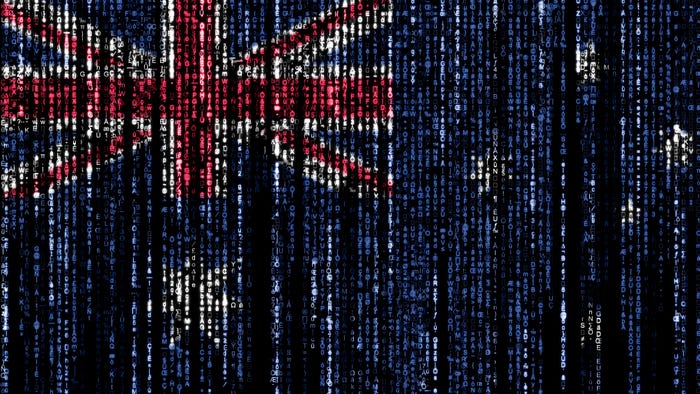Broadband bills in Congress would address BEAD mapping, taxes and supply chainBroadband bills in Congress would address BEAD mapping, taxes and supply chain

The US Congress has introduced several bills in recent months that would impact the rollout and implementation of the $42.5 billion Broadband Equity, Access and Deployment (BEAD) program.
The most recent example is a bill introduced on Friday (March 31) by Senators Jacky Rosen (D-NV) and John Thune (R-SD) entitled the Accurate Map for Broadband Investment Act. The bill would “ensure that broadband maps are accurate before funds are allocated under the Broadband Equity, Access, and Deployment Program based on those maps,” according to a description of the bill on Senate.gov.
Senator Rosen has been one of several vocal critics in Congress of the FCC’s broadband map.
“The FCC’s failure to fix their deeply flawed broadband map and the Department of Commerce’s refusal to wait to allocate broadband funding until the map is fixed puts hundreds of millions of dollars in funding for high-speed internet in Nevada at risk,” said Sen. Rosen in a press release about the legislation. “My bipartisan bill would ensure the FCC can fix this map before money goes out the door.”
As of Monday morning, full text for the bill was not yet available. But according to The Wall Street Journal, the bill “would delay the final decision about state funding allocations by seven months.” However, a spokesperson for Sen. Rosen told the WSJ that the bill would still allow for 20% of the funds “to flow to states immediately.”
Reached by Light Reading, both the NTIA and FCC declined to comment on this matter. But, in response to widespread concerns about the map’s accuracy, FCC Chairwoman Jessica Rosenworcel has put out multiple statements reassuring Congress and the public that the map is being improved, including an update in late March that the map was “getting better all the time.”
According to Rosenworcel, the FCC and its partner CostQuest have improved the broadband map both by processing millions of location challenges, and through CostQuest’s acquisition of better location data. Through that work – and in collaboration with the NTIA and local governments – she said, “we will release a National Broadband Map this Spring that more closely reflects the state of connectivity on the ground.”
To read the complete article, visit Light Reading.


